Essential Questions to Ask a Roofer Before Hiring

Essential Tips for Hiring a Roofing Company
Your roof is your home’s first line of defense against the elements, making the selection of the right roofer one of the most crucial decisions you’ll make as a homeowner. A roof replacement is a significant investment (typically costing thousands of dollars). The quality of the installation directly impacts your home’s protection, energy efficiency, and the property value.
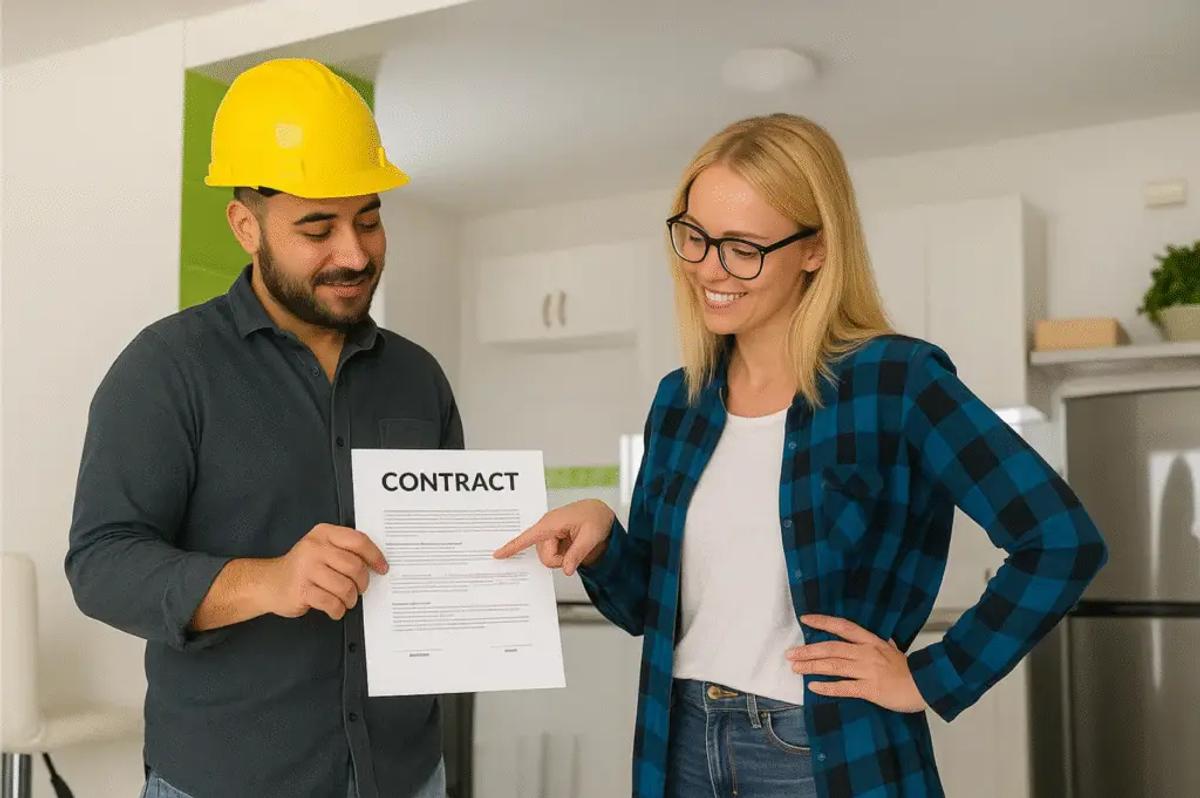
Hiring a roofer without preparation and research can lead to costly mistakes, subpar quality, and even potential scams. Our comprehensive guide provides the most essential questions to ask a roofer before signing any contract. These questions will help you choose the right roofing contractors and make an informed decision.
Licensing and Insurance Questions
Before considering other factors, verifying a roofing contractor’s licensing and insurance should be your top priority. These credentials not only indicate professionalism but also protect you from significant liability.
- Are you licensed to work in our state and local area?
Most states require roofers to hold valid licenses, but regulations vary significantly by location. Ask to see their license and verify its status with your state’s Department of Professional Regulation. A legitimate professional roofer will never hesitate to provide this information.
- Can you provide proof of current general liability insurance with at least $1 million coverage?
General liability insurance protects your property if it’s damaged during the roofing work. The standard minimum coverage is $1 million, but more is better. Request to see certificates of insurance before any work begins.
- Do you carry workers’ compensation insurance for all crew members?
Without proper workers’ compensation insurance, you could be held liable if a worker is injured on your property. This is true even if the contractor uses subcontractors rather than employees.
- Will you provide insurance certificates before starting work?
Never take a contractor’s word about insurance coverage. Request written proof directly from their insurance provider before the project starts and verify that policies will remain active throughout your project.
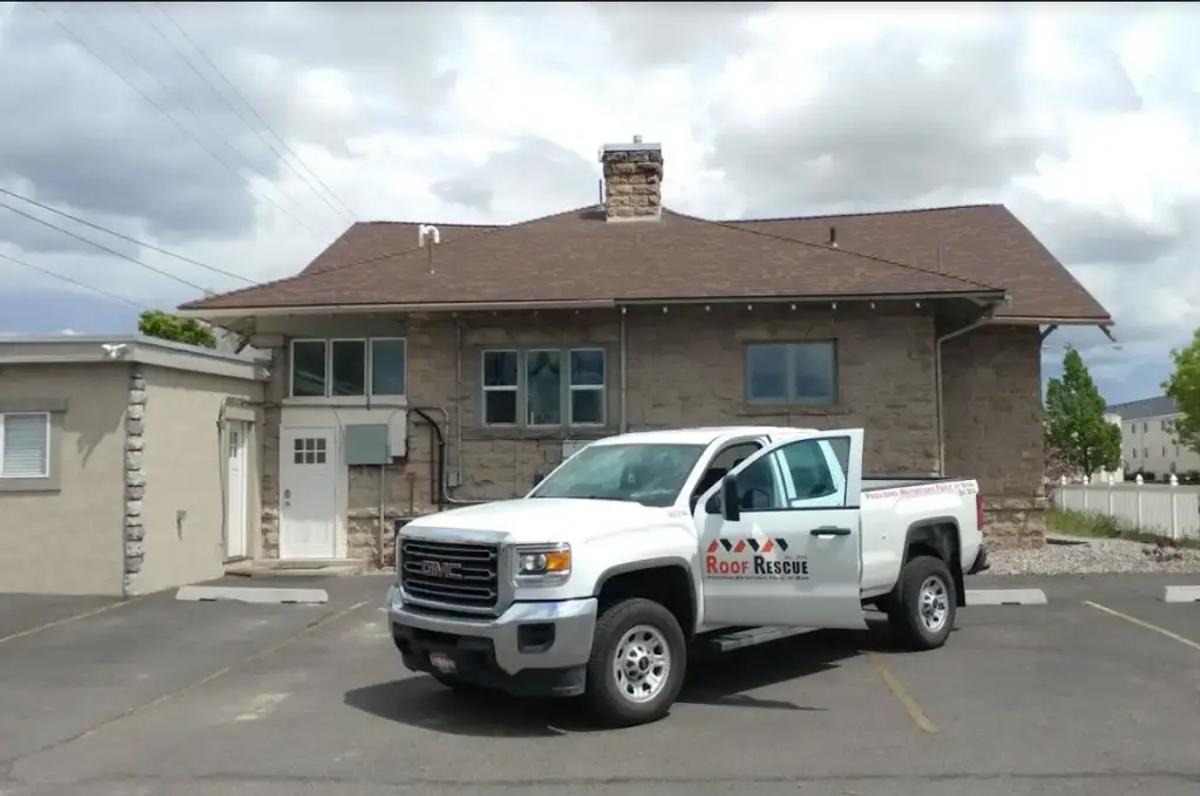
Business Credentials and Experience Verification
A reputable roofing company has established roots in your community and a history of satisfied customers. Thoroughly examining a contractor’s background helps ensure you’re hiring an experienced professional.
- How many years has your company been doing business at this location?
Longevity matters in the roofing industry. The average roofing company only lasts about four years, often because newer businesses struggle during slow seasons. A company with 5+ years of experience demonstrates stability and reliable business practices.
- What is your permanent business address (not just a post office box)?
Legitimate roofing contractors maintain physical business locations. Be wary of companies operating solely from PO boxes or temporary addresses, as these can be signs of “storm chasers” who disappear after collecting payments.
- Can you provide references from jobs completed in the last 12 months?
Request contact information for at least three recent customers with projects similar to yours. When speaking with references, ask about the contractor’s workmanship, communication, timeline adherence, and cleanup practices.
- Are you registered with the Better Business Bureau, and what is your rating?
While not all reputable companies register with the Better Business Bureau, those who do typically maintain good ratings. Check not only their rating but also how they’ve responded to any complaints.
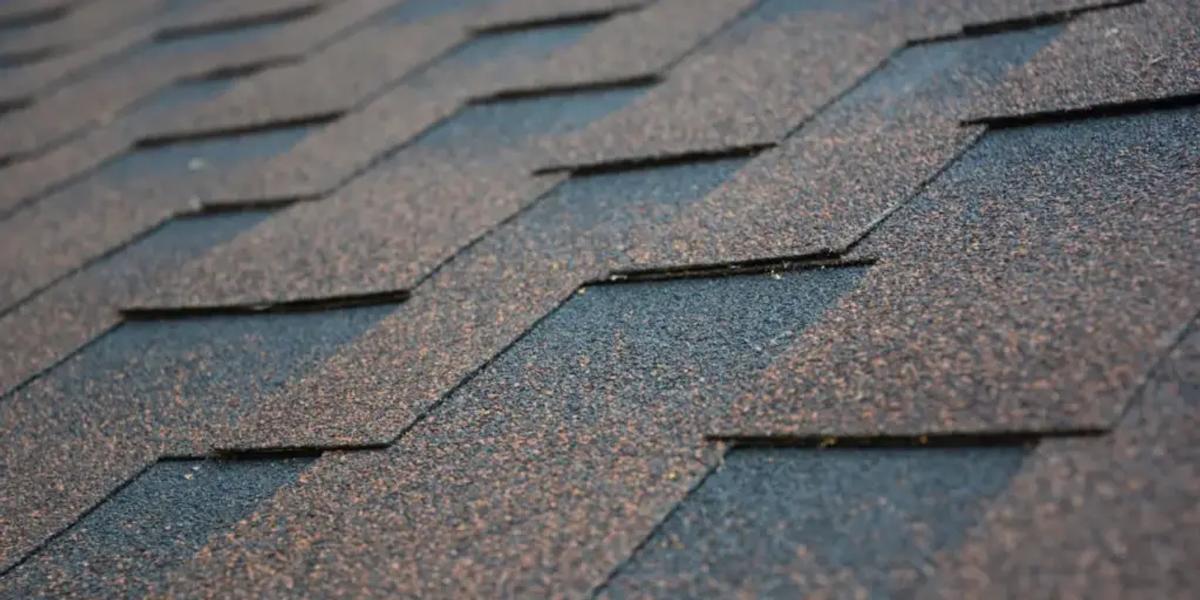
Project Scope and Materials Questions
Understanding exactly what work will be performed and which materials will be used forms the foundation of a successful roofing project. These questions help clarify project details and prevent misunderstandings.
- Will you provide a detailed written estimate, including all materials and labor costs?
A professional written estimate should itemize all costs, including materials, labor, permits, and potential additional charges like roof deck replacement if damage is found. Vague estimates often lead to unexpected expenses later.
- What specific roofing materials do you recommend for our climate and home style?
Different regions face different weather challenges. Certain shingle types perform better in areas with heavy snowfall, while wind resistance becomes crucial in hurricane-prone regions. The right roofer will explain why specific roofing materials make sense for your home.
- Do you use a complete matching system of components from one manufacturer?
Using matching components (shingles, underlayment, ice dam protection, etc.) from the same manufacturer ensures compatibility and often provides enhanced warranty coverage. Ask if the contractor installs complete systems or mixes components from different sources.
- Will you inspect and replace damaged roof deck if necessary?
After removing the old roof, contractors often discover damaged decking (the plywood base). Ask how they handle this, including the cost per sheet for replacement. This common additional expense should be addressed upfront.
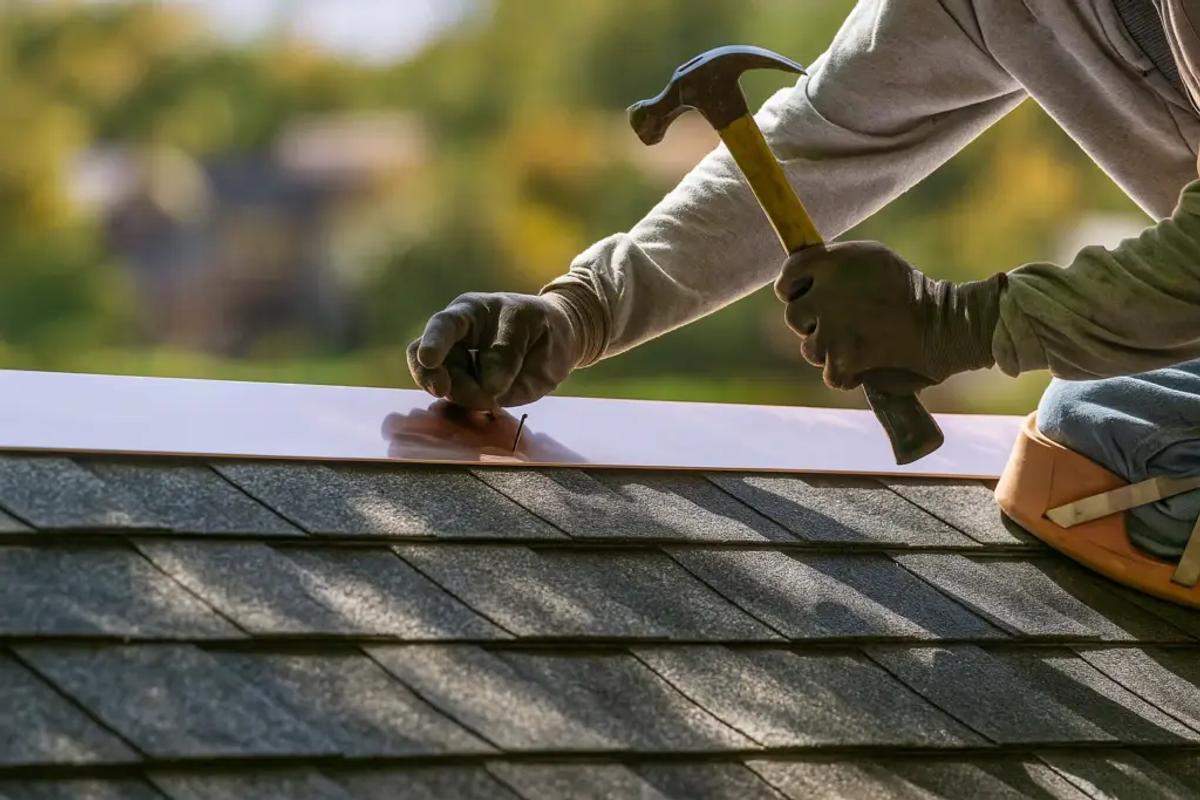
Installation Process and Timeline
Replacing your existing roof should follow a clear timeline with established procedures for every contingency. These questions help set realistic expectations.
- What is your typical timeline for completing the replacement of our size roof?
Most residential roofing jobs can be completed in 1-3 days, depending on size and complexity. Understanding the expected timeline helps you plan accordingly and recognize if the project falls behind schedule.
- How do you handle weather delays and project scheduling?
Inclement weather is inevitable in roofing. Ask how the contractor protects partially completed work during delays and how they communicate schedule changes when weather interrupts the installation day.
- Will you secure all required building permits before starting work?
Building permit requirements vary by location, but many roof replacements require permits. The contractor should handle this process completely, including scheduling necessary inspections. Be wary if a roofer suggests skipping permits to save money.
- What safety measures do you take to protect workers and our property?
Professional roofers follow strict requirements for worker safety, including using proper fall protection equipment. Safety measures protect workers and indicate the contractor’s overall professionalism and attention to detail.
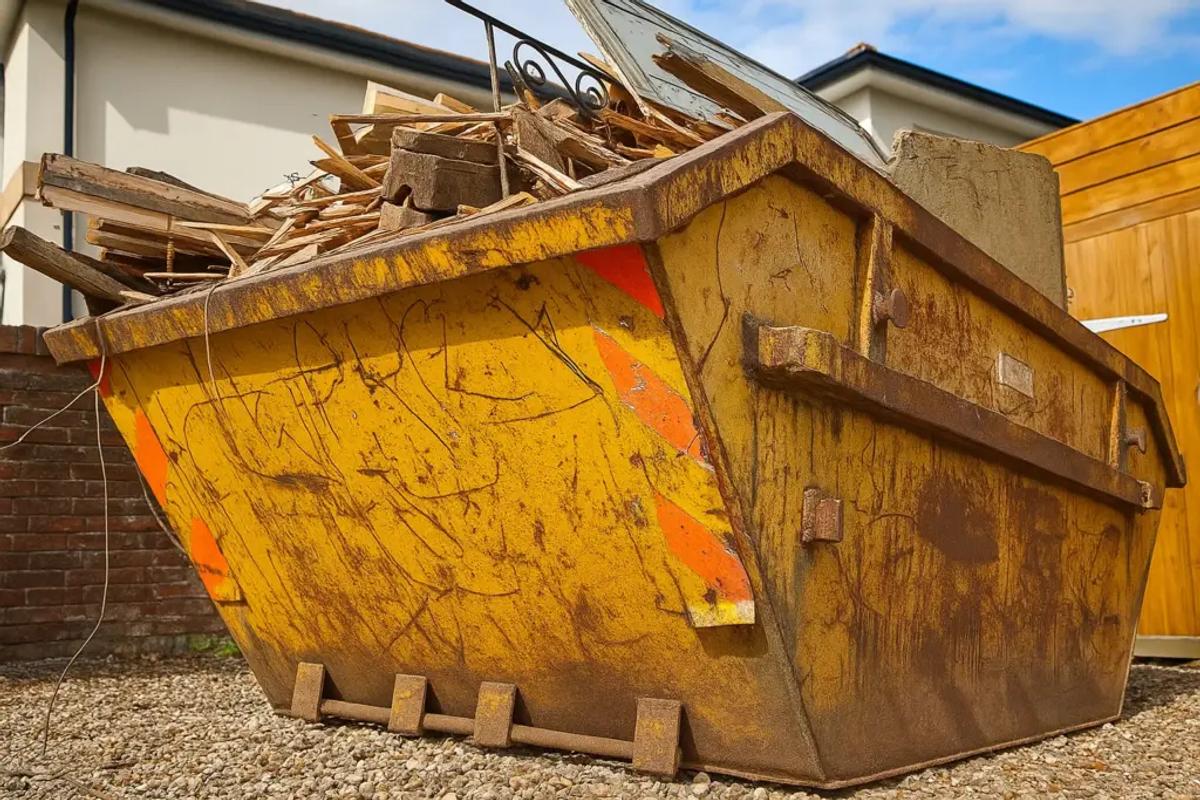
Property Protection During Work
Responsible roofers take comprehensive measures to protect your property during the messy roof replacement process. These questions address how your home and landscaping will be safeguarded.
- How will you protect our landscaping, vehicles, and outdoor furniture?
Roof replacement generates significant debris. Ask how the contractor will protect your landscaping, driveway, deck, and other property elements during the project.
- What cleanup procedures do you follow daily and after project completion?
Roofing jobs create substantial waste. The contractor should detail their daily cleanup process and final property inspection procedures. Their answer should include how they’ll ensure all nails and small debris are removed from your yard.
- Do you provide dumpsters for debris removal and disposal?
Most professional roofing jobs require a dumpster for proper disposal of the old roof. Clarify who arranges for the dumpster, where it will be placed, and how long it will remain after the job is complete.
- Will you use magnetic tools to collect nails from our property?
Nails are inevitably scattered during roof replacement. Professional contractors perform multiple magnetic sweeps of your property to collect these hazards. A single roofing nail left in your driveway can cause expensive tire damage.
Technical Installation Standards
The difference between a roof that lasts decades and one that fails prematurely often comes down to technical installation details. These questions help ensure proper installation methods will be followed.
- How many nails do you use per shingle to meet manufacturer warranty requirements?
Most manufacturers specify a minimum of four nails per shingle, with six required in high-wind areas. Using fewer nails than recommended can void warranties and lead to shingle loss during storms.
- What type of underlayment and ice dam protection will you install?
Modern roofing systems include synthetic underlayment and special ice dam protection membranes in cold climates. These components prevent water intrusion and protect your home from leaks.
- How will you handle flashing around chimneys, vents, and skylights?
Proper flashing installation is critical for preventing leaks at roof penetrations. Ask whether the contractor will install new flashing or reuse existing materials and how they seal these vulnerable areas.
- What ventilation improvements will you make to prevent moisture problems?
Proper attic ventilation extends shingle life and prevents moisture-related issues like mold and rot. A good contractor will assess your current ventilation and recommend improvements if necessary.
Quality Assurance Measures
Professional roofers have systematic approaches to ensuring consistent quality across every project. These questions help you understand their quality control processes.
- Will you perform a final inspection with us before considering whether the job is complete?
A thorough final inspection with the homeowner present ensures all concerns are addressed before the project is considered complete. The contractor should explain what they look for during this inspection.
- What manufacturer certifications do you and your crew members hold?
Many manufacturers offer certification programs for contractors who complete specialized training. These certifications often allow contractors to offer enhanced warranties and indicate a higher level of expertise.
- Do you follow all local building codes and inspection requirements?
Professional roofers stay current with local building codes and schedule all required inspections. Code compliance is critical not only for safety but also for insurance coverage and future home sales.
- How do you ensure consistent quality across all crew members?
Ask about crew training, supervision, and quality control measures. Understanding who will actually be installing your roof and how they’re trained provides insight into the likely quality of workmanship.
Warranty and Payment Terms
The protection offered by comprehensive warranties and fair payment terms provides peace of mind long after your roof installation is complete. These questions clarify what happens if problems arise later.
- What workmanship warranty do you provide, and for how many years?
Material warranties come from manufacturers (typically 25-30 years), but workmanship warranties come from contractors and cover installation defects. Look for a minimum 2-year workmanship warranty, though 5-10 years is better.
- How does your warranty work with the manufacturer’s material warranty?
Some contractors offer enhanced warranties through manufacturer certification programs. Understand how these warranties interact and what’s covered under each. Ask if the warranty transfers to new owners if you sell your house.
- What are your payment terms, and do you accept credit cards?
Establish clear expectations about deposits, progress payments, and final payment. Most reputable contractors request a small percentage (10-30%) as a deposit, with the balance due upon completion. Be wary of demands for large upfront payments.
- Do you offer financing options for roof replacement projects?
Many roofing companies partner with financing companies to offer payment plans. If you’re interested in financing, ask about available options, interest rates, and term lengths.
Communication and Project Management
Clear communication throughout your roofing project prevents misunderstandings and ensures your expectations are met. These questions establish how information will be shared during the project.
- Who will be the main point of contact during our roofing project?
Identify who will answer your questions and address concerns during the project. This might be the owner, a project manager, or a foreman. Having a dedicated contact person simplifies communication.
- How will you communicate daily progress and any unexpected issues?
Establish how and when you’ll receive updates about your project. Will the contractor call, text, email, or speak with you in person? Clear communication channels prevent misunderstandings.
- What happens if weather conditions prevent work for several days?
Extended delays due to weather can be frustrating. Understand how the contractor communicates schedule changes and protects partially completed work during delays.
- How do you handle change orders or additional work discovered during installation?
If unexpected issues arise during the project (like discovering more damaged decking than anticipated), how will these be communicated and approved? All changes to the original contract should be documented in writing with clear cost implications.
Red Flags to Avoid When Hiring
Being aware of common warning signs can help you avoid the costly mistake of hiring an unscrupulous or unqualified roofer. Watch for these concerning practices.
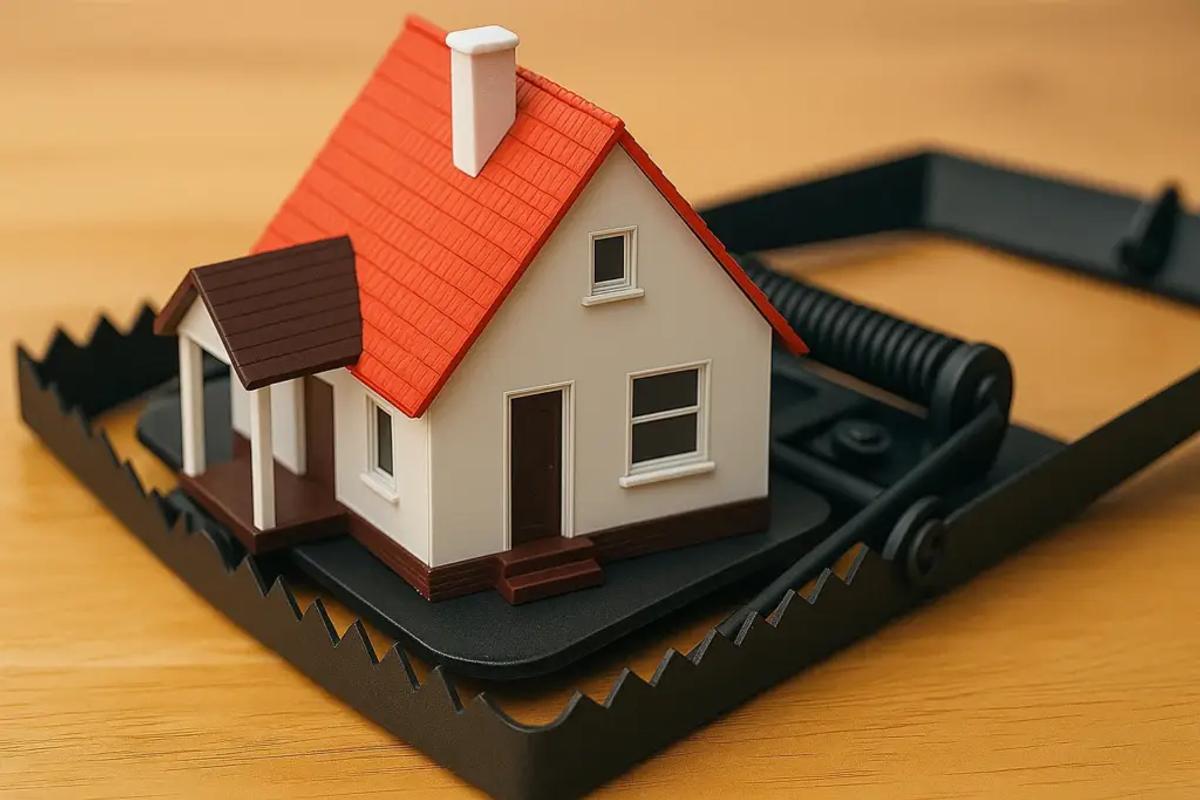
- Contractors who demand large upfront payments exceeding 30% of project cost
While deposits are standard practice, excessive upfront payments can indicate a scam. Reputable contractors have established supplier relationships and don’t need large advances to purchase materials.
- Door-to-door salespeople claiming to have leftover materials from nearby jobs
This common scam involves contractors who appear after storms, claiming they can offer discounts using “leftover materials.” Legitimate roofers order materials specifically for each job and don’t use leftovers from other projects.
- Roofers who cannot provide local references or proof of insurance
If a contractor hesitates or refuses to provide references or insurance certificates, consider it a serious warning sign. Legitimate businesses readily share this information.
- Companies operating from temporary addresses or only accepting cash payments
Being aware of common warning signs can help you avoid the costly mistake of hiring an unscrupulous or unqualified roofer. Watch for these concerning practices.
Conclusion
Asking these comprehensive questions before hiring a roofer helps ensure your roofing project is completed professionally, on time, and within budget. A quality roof installation protects your home for decades, while poor workmanship can lead to leaks, premature failure, and costly repairs.
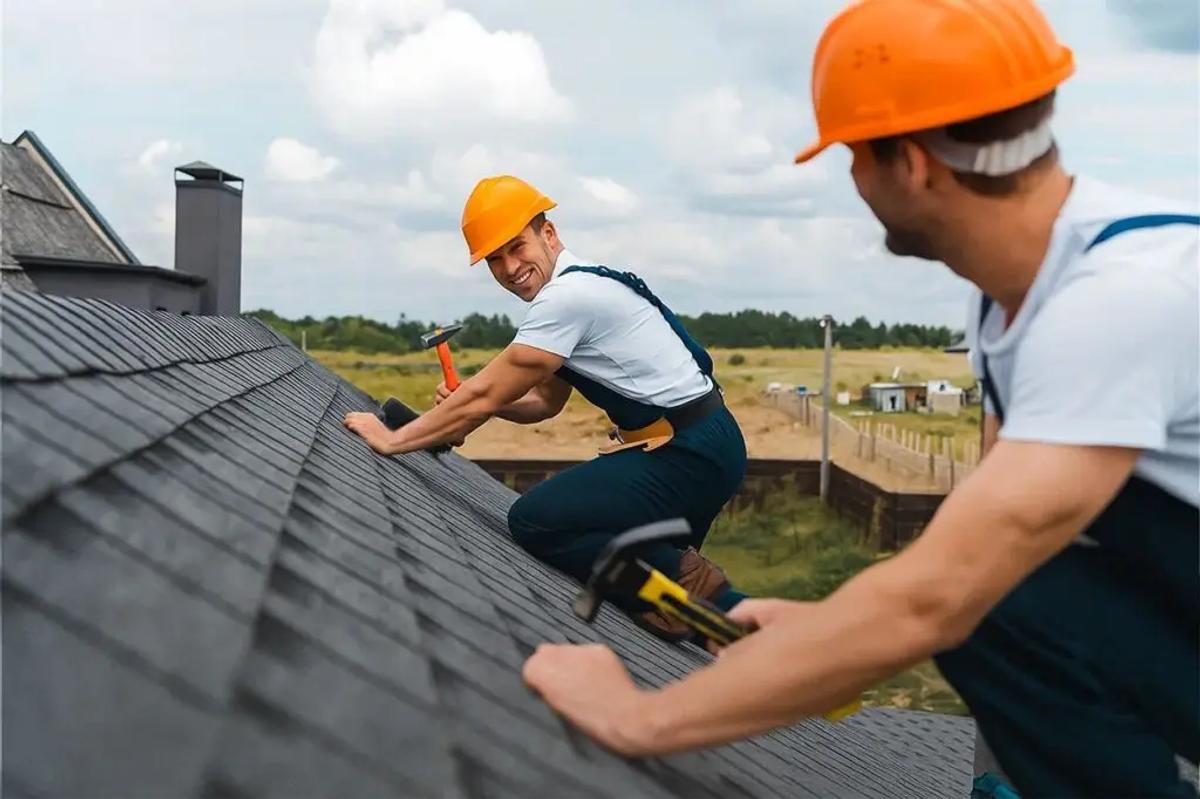
Take the time to interview at least three roofing contractors using these questions thoroughly. Compare their answers, verify their credentials, and check their references before making your decision. The right roofer will welcome your questions and provide clear, detailed responses that demonstrate their expertise and professionalism.
Remember that the lowest bid isn’t always the best choice—quality materials and proper installation are worth the investment when it comes to protecting your home with a durable, long-lasting roof.
About the Author

Mark Franklin
Roof Rescue Owner
Mark Franklin, owner of Roof Rescue in Idaho Falls, Idaho, has been a trusted name in roofing since 2014. Serving Idaho, Montana, Wyoming, and Utah, Roof Rescue specializes in commercial and residential roof replacement and installation. Recognized for community initiatives like the "Operation Roof Rescue" program, which provides free roofs to local heroes, Mark combines professionalism with a passion for giving back. With 16 years of industry experience, an A+ Better Business Bureau rating, and glowing customer reviews, Mark's leadership embodies quality and community-focused service.
Related Posts

How to pick the right roofing companies in Idaho Falls
Picking a roofer shouldn’t feel like roulette. You want someone who shows up, does the work right, and backs it up. Idaho Falls has plenty of options, and that’s the problem. The good ones blend in w...

What Is the Lowest Pitch for a Shingle Roof? Key Insights Explained
Introduction to Roof Pitch and Slope If you have ever wondered what is the lowest pitch for a shingle roof, the answer matters more than you might think. Your roof slope decides which roofing mat...

Essential Roof Flashing Guide to Protect Your Home
Introduction: Your Roof's Unsung Hero Roof flashing is your home’s first line of defense against leaks. It’s not just another roofing component - it’s what keeps water from seeping into those cri...